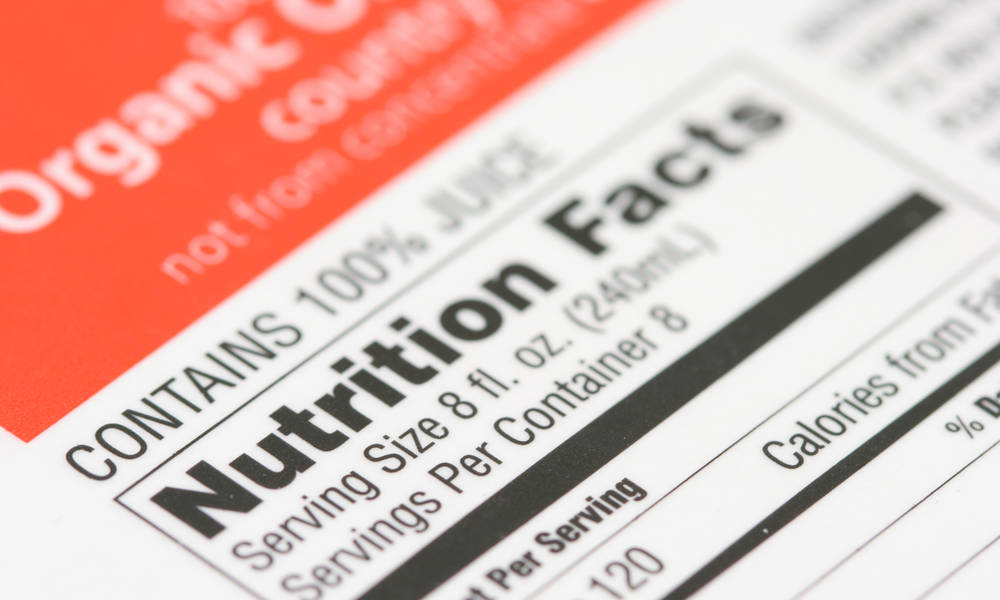
Organic Trade Association’s New Pilot Program Fights Supply-Chain Fraud
The trade group has 11 companies taking part in a pilot program that will try new approaches to securing the supply chain so that the food is as organic as it claims to be.
The Organic Trade Association wants consumers to feel secure in knowing that the organic goods they buy in stores actually live up to the label.
“Organic now operates in a global market. Fraud is one of the biggest threats to that market, and it cannot be tolerated in the organic system,” OTA CEO and Executive Director Laura Batcha said in a news release.
And because of that, OTA is launching a new program to fight fraud in the supply chain. The association’s Global Organic Supply Chain Integrity Task Force, in the midst of a three-month pilot program, will test new approaches for securing the supply chain. A number of OTA’s members, including MOM’s Organic Market, Organic Valley, J.M. Smucker Company, and Pipeline Foods, will take part in the pilot.
Each of the 11 companies involved will focus on securing the supply of a single product or ingredient in a specific location, and will ask for feedback from stakeholders regarding their supply-chain solution and share what they learned after the fact, including recommendations on how to improve what they built. The pilot program will take place between June and September.
The process was put together with the help of a 48-member task force that worked to develop a system that OTA members can voluntarily enroll in. Beyond industry partners, other stakeholders in the program include the U.S. Department of Agriculture’s National Organic Program, the Accredited Certifiers Association, and NSF International.
The program comes weeks after the organic sector faced something of a setback when the USDA announced it would not follow through with the launch of a checkoff program for organic foods, a measure that was somewhat controversial in the industry but had strong support from OTA and its members.
Sam Riser, the manager of organic procurement for Grain Millers, one of the companies taking part in the pilot, hinted at regulatory challenges such as these in a statement.
“If we want to grow as an industry, we as industry are going to need to challenge our policymakers to become better,” Riser said. “It is then equally as important that we as industry challenge ourselves to become better.”
(c-photo/iStock/Getty Images Plus)






Comments